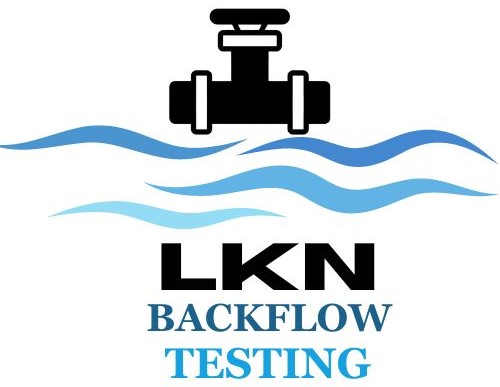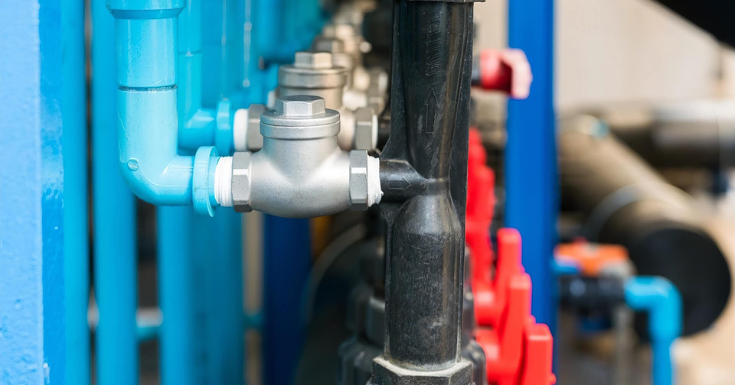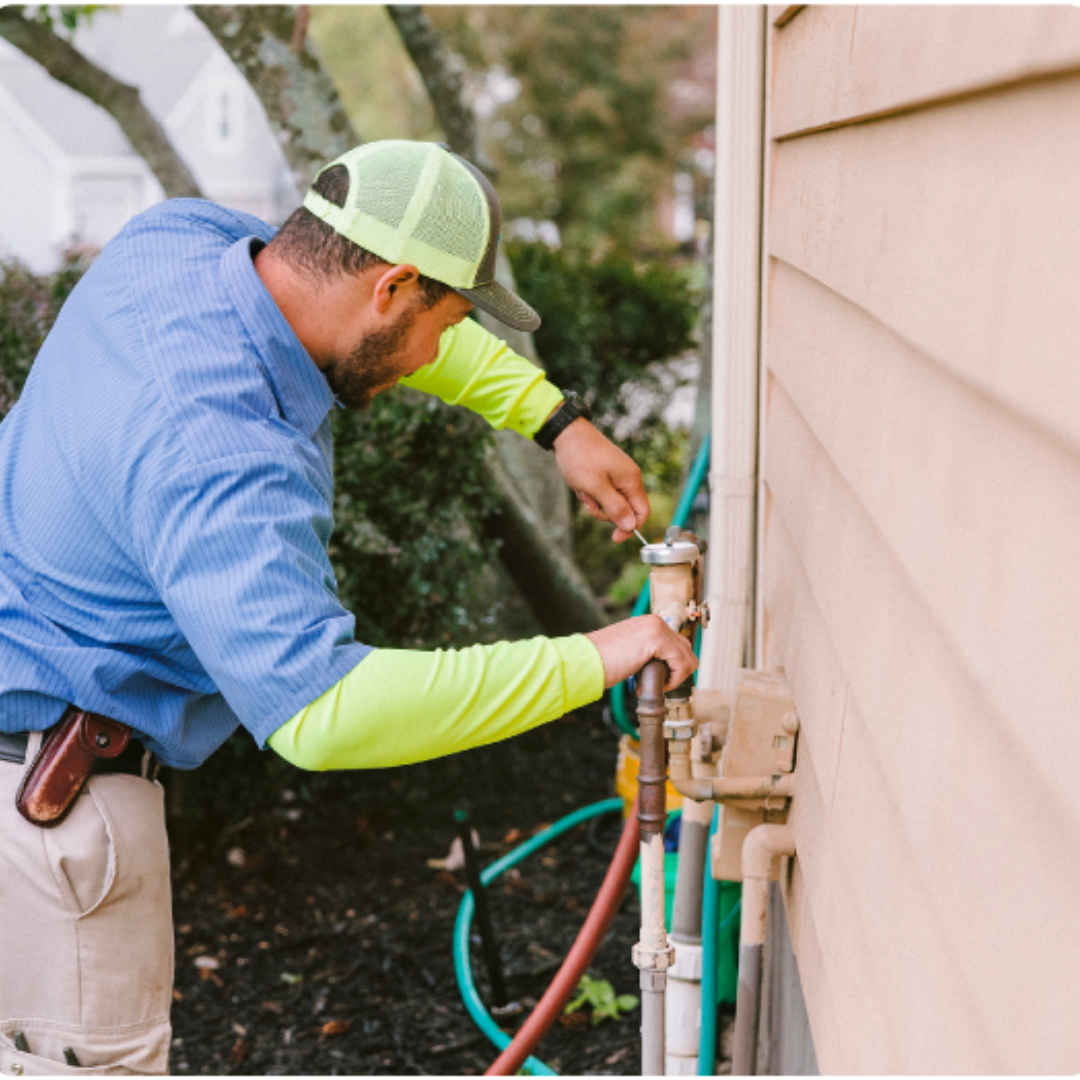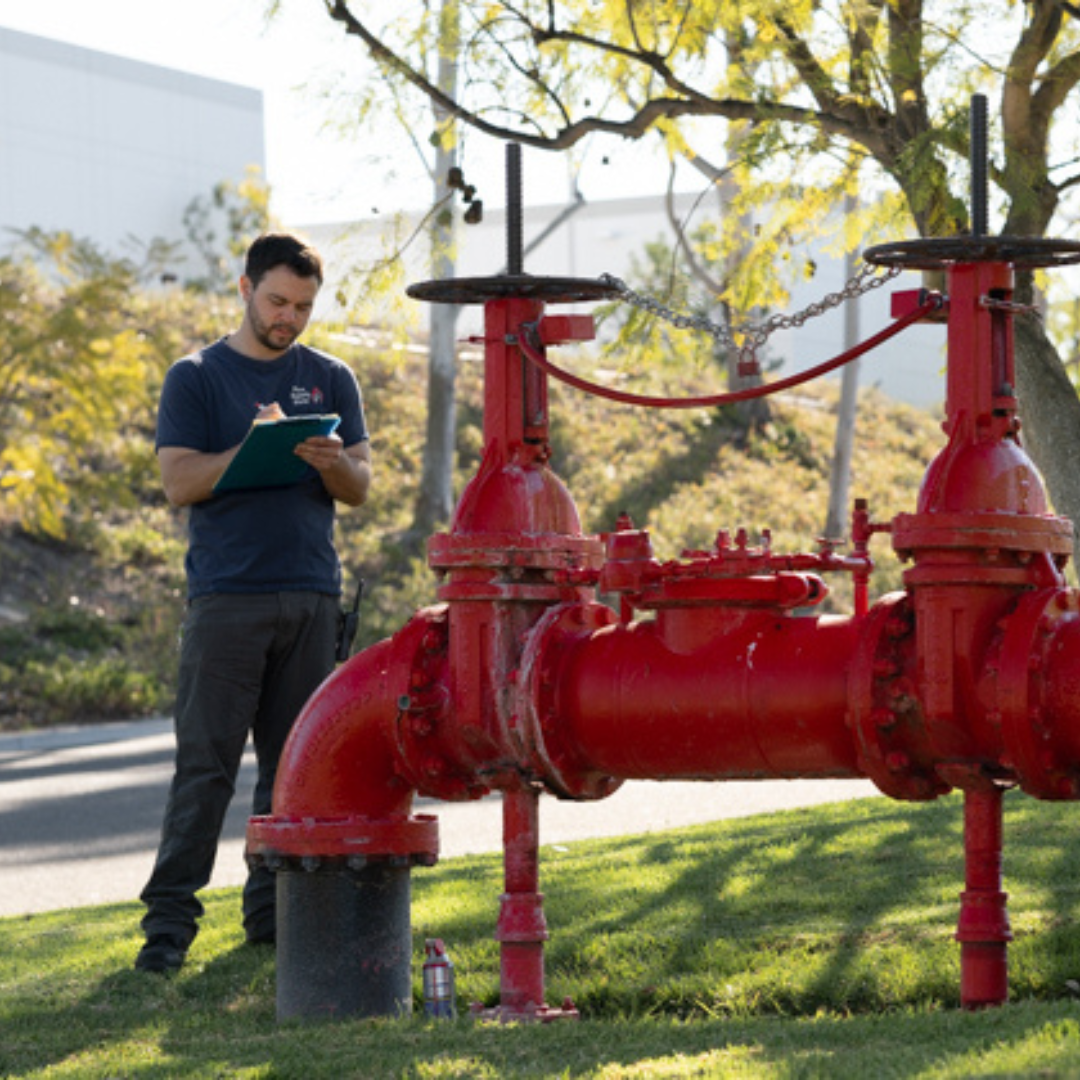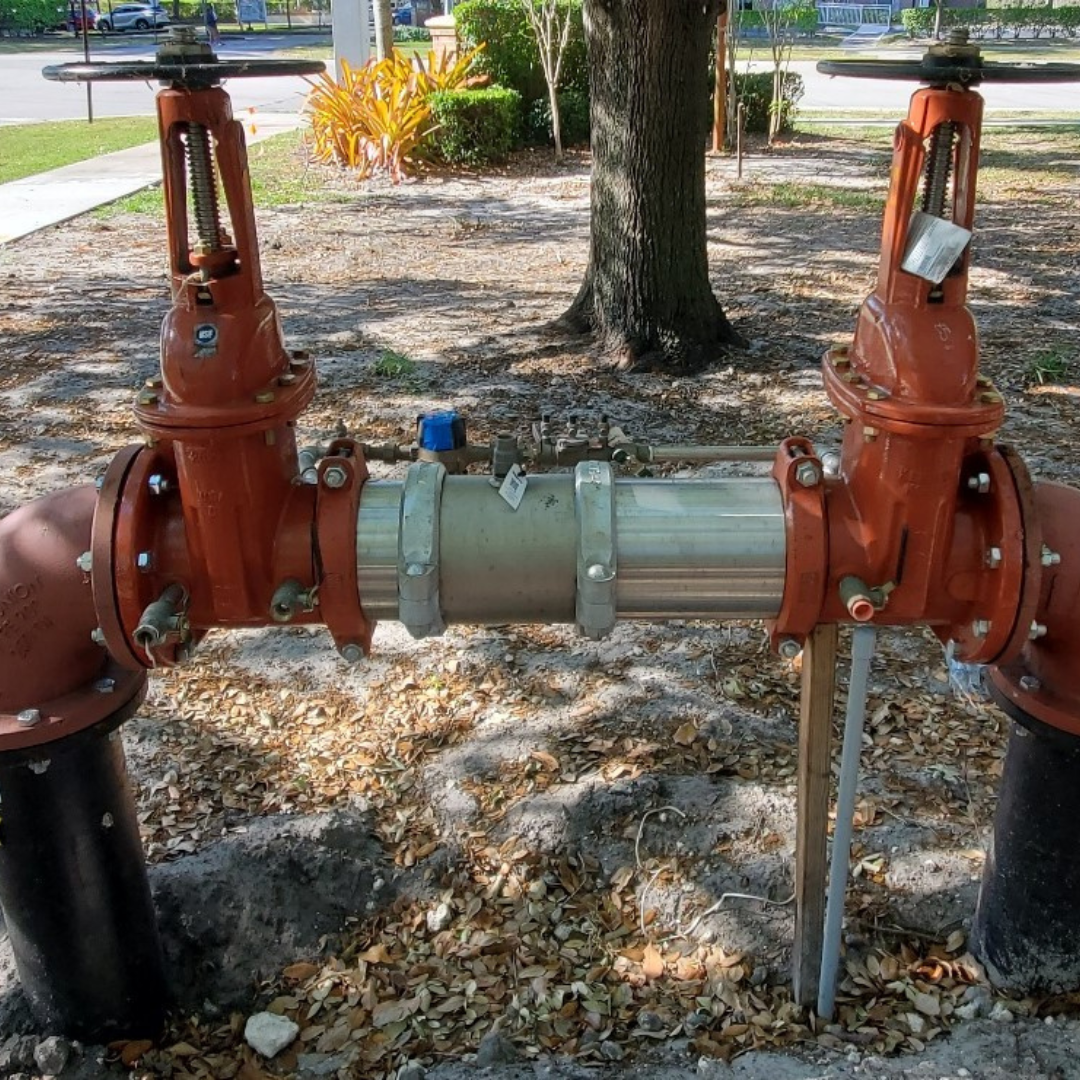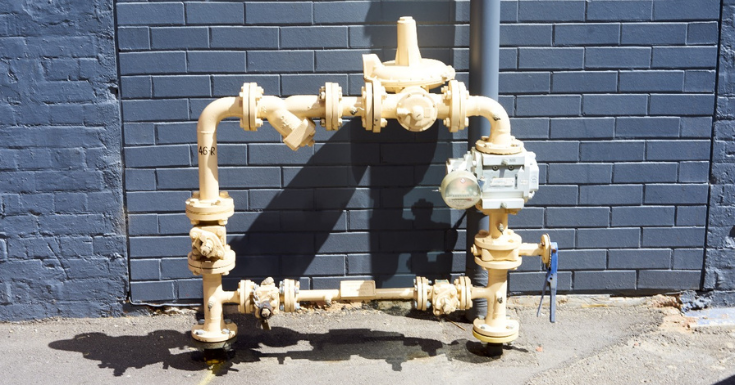For ensuring the cleanliness of the water supply in your home or business, backflow testing is important. Though it is essential, many property owners don’t pay proper attention or ignore it completely. Not performing backflow testing can cause more repercussions than fines and penalties; it can lead to public health risks, contamination of drinking water, and permanent damage to your business’s reputation and operations.
Let us discuss in detail the implications of not prioritizing backflow testing and why it should always be given importance.
What is Backflow and Why is it Important?
Backflow occurs when water flows in the reverse direction from its intended direction of flow. Backflow causes pollution of drinking water with chemicals, bacteria, or dirt. The reason for backflow is the pressure changes inside the water system. Causes include water main breaks or a high demand for water in the locality. Installation of backflow devices helps in preventing backflow. Similar to other equipment, backflow devices must be tested regularly and maintained properly to ensure their proper operation.
Negative Effects of Neglecting Backflow Testing
Water Supply Contamination
Backflow testing must be performed regularly to prevent water contamination. Problems in backflow prevention devices can pollute your water supply and also lead to contamination in the public water system. In such circumstances, the cleaning process can be difficult and expensive. Also, it can affect your mental health and reputation as others are harmed.
Health Hazards
The contaminated water can cause serious health issues for children and elderly people as it can contain harmful bacteria like E. coli and industrial wastes. If water contamination happens at businesses like restaurants, it can affect the food and drinks served, causing health risks to customers and legal liabilities.
Legal and Financial Penalties
Local and state governments have implemented strict rules and regulations enforcing regular testing. Huge fines and penalties can be inflicted on those not willing to comply. The fines often rise as time passes. Water services might also be stopped until testing is completed.
For example, if a business causes contamination, it could be made to bear medical costs and damages caused to customers or neighbors.
Additional costs for Repair
The costs of a backflow incident can pile up. The costs for municipalities and other affected parties can be huge. It can add up to the costs involved in cleaning and repairing your water system. The cost of backflow testing is often much less than the cost involved in repairs and compensations. Also, performing maintenance and testing on time helps in reducing more expensive repairs in the future.
Reputation Problems
In certain industries where pure water supply is necessary, such as restaurants, hospitals, and clinics, negative feedback about the cleanliness of water and food can seriously affect the business. Careless administration that leads to water contamination can also affect the reputation of people in other businesses.
Backflow Testing: A Simple Solution to Avoid Complex Problems
It is important to perform backflow testing once a year in certain areas. The backflow testing is usually conducted by a certified professional who ensures the proper operation of the backflow device.
Regular backflow testing helps to ensure the water hygiene, protect the reputation, and avoid potential risks.
Conclusion
Thus, not performing backflow testing on time can lead to serious financial losses, legal challenges, and health risks. It is an essential requirement to ensure the safety of the public water supply and prevent serious issues. If you have not tested your backflow prevention device recently, it is essential to prioritize it. Testing your backflow device helps save your money, protecting public welfare and ensuring compliance with rules and regulations. It is essential to plan your backflow testing before trouble arises.
